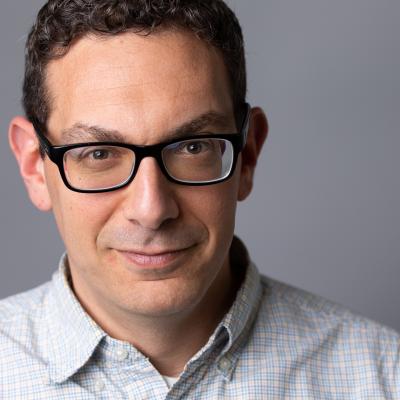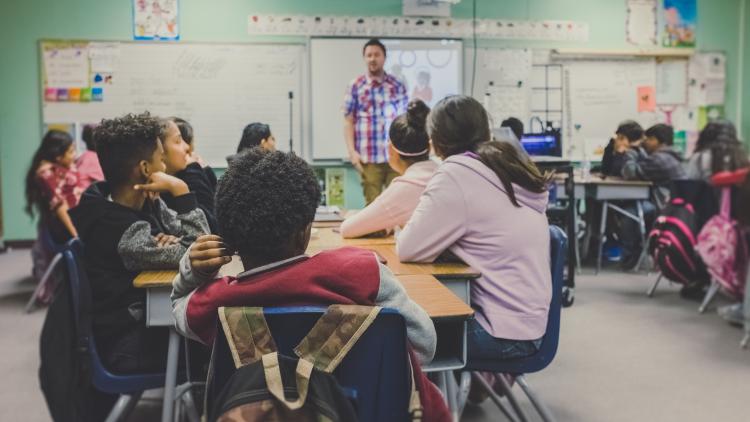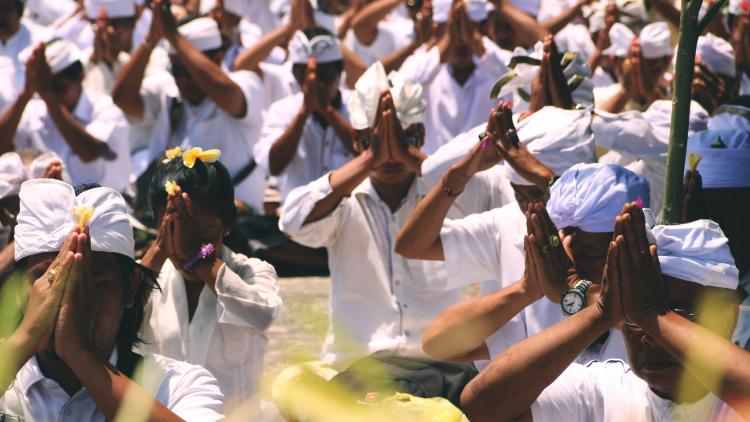BA History and ...


Key information
- Duration
- 3 or 4 years
- Start of programme
- September
- Attendance mode
- Full-time
- Location
- Campus
- Fees
-
Home: £9,535
International: £23,780 - Entry requirements
-
A levels: AAB-BBB
For joint degrees, the offer is based on the subject with the higher entry requirements.
Contextual: ABB-BBC
See undergraduate entry requirements and English language requirements for international and alternative entry requirements.
Course overview
History at SOAS offers students an immensely rich and challenging intellectual perspective that critically enhances knowledge of the fascinating histories of Africa, Asia, and the Middle East – from the Crusades to the contemporary Middle East; the Mughal Empire to Gandhi; slavery to Muslim societies in West Africa.
Our innovative BA History combined programme provides highly engaging treatments of not only historical events and historical periods in Africa, Asia, and the Middle East, but also of the very practice of history as an academic discipline itself. The programme’s curriculum is embedded in a variety of powerful conceptual frameworks used by our academic experts and our students, such as postcoloniality and decoloniality. BA History combined at SOAS, therefore, fosters a critical, global perspective that expands and deepens the frontiers of historical knowledge.
Our BA History combined programme encourages you to develop your knowledge of the regional histories of Africa, Asia, and the Middle East from these regions’ local perspectives and in these regions’ own terms. In this transformative, decolonial way, you will be able to then link these histories to the history of the world, and make critical sense of past, present, and possible futures.
Why study History combined honours at SOAS?
- SOAS is ranked 13th in the UK for History (QS World University Rankings 2025)
- BA History scored above sector in learning opportunities (NSS 2023)
- Our average 20/21 Graduate Outcome Departmental score is 82.85% (HESA)
- We eliminated racialised awarding gaps at undergraduate level
Study Abroad
Students are able to apply for the optional year abroad in their second year of studies at SOAS. Students will be invited to information sessions about how to apply during their second year of studies by the Study Abroad team. Student applications are considered on academic merit and a personal statement and are subject to availability. Students need to have achieved 55% or higher in their first year of studies to be eligible. For further details, visit the Study Abroad section of our website.

Use our combined courses tool to see a breakdown of course structure
Key information set data
Teaching and learning
Recommended pre-entry reading
- JR McNeill and WH McNeill, The Human Web: A Bird’s Eye View of World History (2003)
- John Darwin, After Tamerlane: The Rise and Fall of Global Empires (2007)
- CA Bayly, The Birth of the Modern World, 1780-1914 (2004)
- Benedict Anderson, Imagined Communities (1991)
- John Iliffe, Africans: The History of a Continent (2007)
- Albert Hourani, A History of the Arab Peoples (1991)
- Barbara D and Thomas R Metcalf, A Concise History of India (2002)
- MC Ricklefs et al., A New History of Southeast Asia (2010)
- Charles Holcombe, A History of East Asia (2017)
- J Black and DM MacRaild, Studying History (2007)
Contact hours
Modules are taught through a combination of lectures and tutorials, usually one hour a week of each. Sometimes, one follows the other in a two-hour bloc. Sometimes, the tutorial is at a different time or on a different day than the lecture.
Tutorials are sessions in which students are expected to present reports and take a lead in discussions.
Depending on the size of the class, some intermediate and advanced level modules are less strictly divided between a formal lecture and a tutorial discussion, and instead, the topic is briefly introduced by the lecturer, followed by a seminar discussion. Advanced level modules, which are usually taught in one two-hour bloc, often take this format.
Introductory modules
These are assessed through a combination of essays, oral presentations on selected readings or topics and a three-hour examination, taken in Term 3. Introductory modules are not open to second- and third-year history students.
Intermediate level modules
These provide specialised study in the history of particular regions, building on the introductory courses. With the exception of the Group Study Project (see below), they are assessed by: (a) two or three essays, and (b) a three-hour examination, taken in Term 3.
For intermediate modules the weighting of assessment between essays and examination varies, with coursework essays counting for between 25 per cent and 60 per cent of the total mark. For the specifics of each module see the individual module unit listings. Group Study Projects are assessed on the basis of three written reports (see below).
Advanced level modules
These aim to introduce students to the reading and use of original historical documents, so-called ‘primary sources’. The 300 level modules are taught modules, assessed in the same way as intermediate level modules, i.e., a varying combination of essays and a final examination. For each 300 level module there is an attached 400 level module, for which there are no additional classes and which involves the writing of a 10,000-word dissertation on a topic arising from the content of the 300 level module. There is no final examination for 400 level modules; assessment is on the basis of the dissertation alone.
The Independent Study Project (ISP)
These can be taken by final-year students only. Like the Special Subject dissertation, its aim is to provide an opportunity for students to conduct original historical research on their own initiative, to engage in in-depth analysis of particular subjects and to use a range of primary historical sources. It too involves no formal classes and is assessed by a single 10,000-word dissertation (including notes but excluding bibliography).
SOAS Library
SOAS Library is one of the world's most important academic libraries for the study of Africa, Asia and the Middle East, attracting scholars from all over the world. The Library houses over 1.2 million volumes, together with significant archival holdings, special collections and a growing network of electronic resources.
Fees and funding
Fees for 2026/27 entrants per academic year
| Programme | Full-time | |
|---|---|---|
| Home students | Overseas students | |
| BA, BSc, LLB | £9,535 | £23,780 |
| BA/BSc Language year abroad | £1,425 | £11,770 |
See undergraduate fees for further details.
Employment
With specialised historical knowledge, an understanding of cultural sensibilities and skills in research and analysis, graduates from the Department of History are well respected by employers across private and public sectors.
Recent graduates have been hired by:
- Al Jazeera
- Amnesty International
- Bank of England
- BBC
- Blackstock PR
- Bonhams
- British Council
- British Library
- Dataminr
- Ernst and Young
- Goldman Sachs
- HSBC
- International Committee of the Red Cross
- KPMG
- Middle East Consultancy Services
- Ministry of Foreign Affairs, Republic of Cyprus
- Natural History Museum
- Publicis Media
- UNESCO
- United Nations Development Programme
Find out about our Careers Service.











